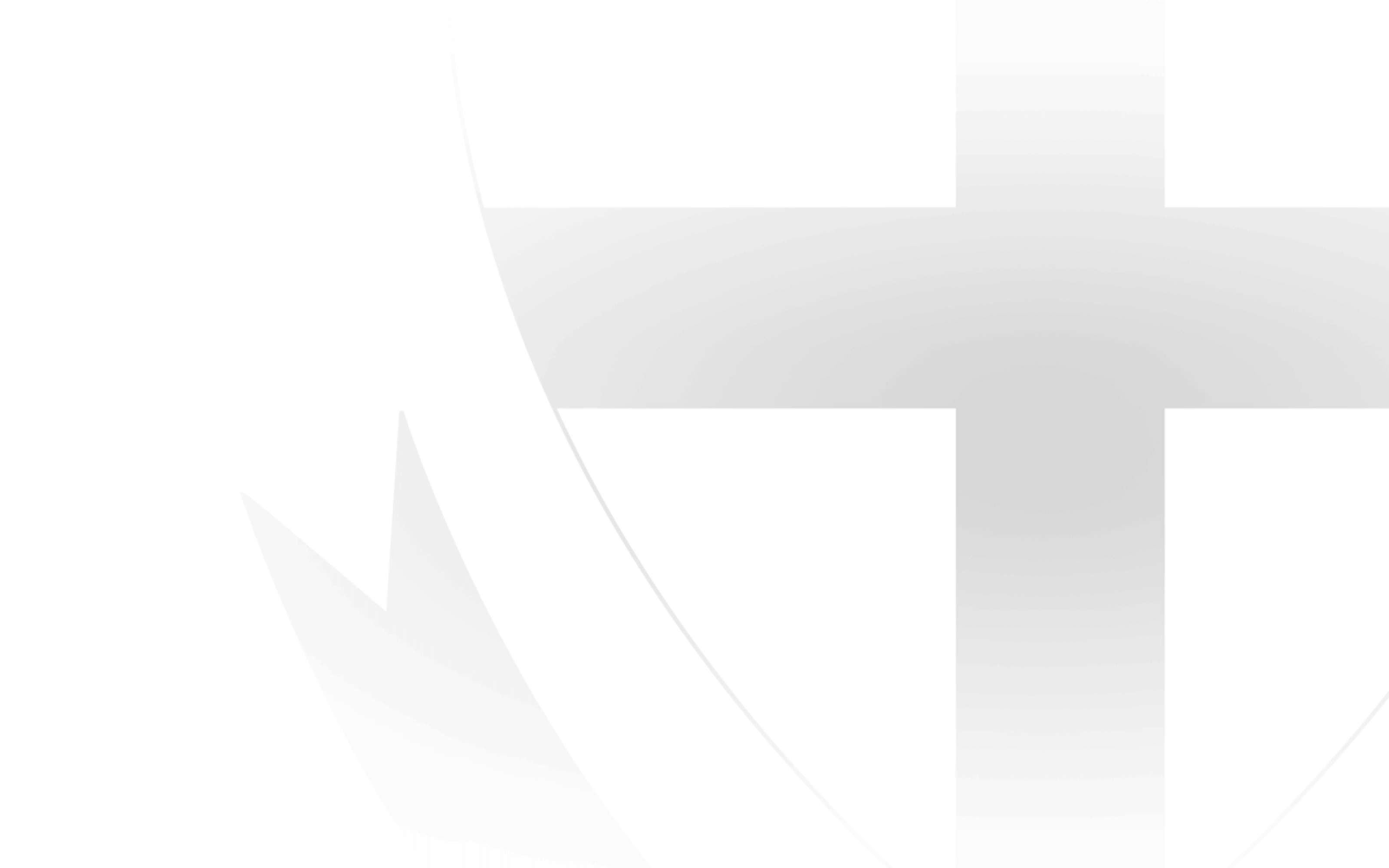Much has changed and much hasn’t during John Beveridge’s time as an AFL recruiter.
Talent identification teams have expanded exponentially, growing from one full-timer to teams of four or five, with part-timers scattered all over the country in school competitions and elite pathways.
But one thing that hasn’t changed in the eyes of the legendary St Kilda recruiter, who the Saints only premiership coach, Allan Jeans, referred to as “the professor”, is his belief that you must back your own eyes, not make calls based on vision.
For a man whose own eyes have helped acquire St Kilda greats in Robert Harvey, Stewart Loewe, Nathan Burke, Lenny Hayes and Nick Riewoldt, these words carry significant weight.
“At that time, it was just the recruiting manager and part-timers. I don’t think clubs appreciated the value of recruiters in those days – it’s pretty important now of course,” Beveridge told saints.com.au ahead of Friday night’s NAB AFL Draft.
“Most clubs now have four or five full-time recruiters plus a pro scout whose job is to analyse the opposition.
“In those days we didn’t have an expert on all the other clubs, we didn’t have a team, there was no such thing as Champion Data and we didn’t have access to vision like they do today.
“You could get VHS stuff but if you wanted to put together a highlights tape of somebody you had to put on a master tape and rewind in a very tedious manner.
“But regardless of now or then, you can’t draft players off vision, you’ve got to see them play of course.”
One thing that has come a long way since Beveridge was last involved in a full-time capacity – at the end of 2006 – is the depth of interviews conducted on prospective recruits.
What once was a game of smoke and mirrors, has now become an art form, with character one of, if not the most important trait all recruiters search for.
It's the reason why recruiters pick up the phone and call teachers, coaches, mentors, mates and everyone in between, searching for the missing puzzle piece.
“In those days, you kept your cards close to your chest because if you interviewed someone who you wanted to keep a bit quiet, other clubs would find out you were interested,” Beveridge said.
“It’s much different now, everyone interviews everyone. But in 2001, we didn’t do an interview with Matt Maguire because we knew that Geelong was keen at pick 17 and we needed a key position player and they also had picks straight after us at 21.
“So we thought if we don’t interview him, the Cats might think he would get through to their next pick.
“When I visited the Maguire family after the draft they were a bit annoyed with me that I didn’t tell them that we were a chance to pick him. But that’s just how it was in those days.”


